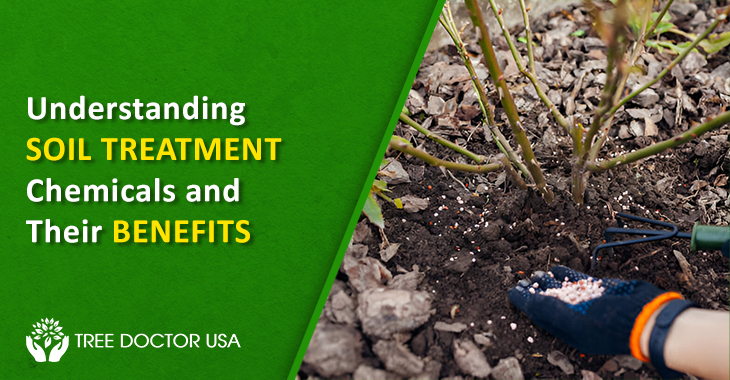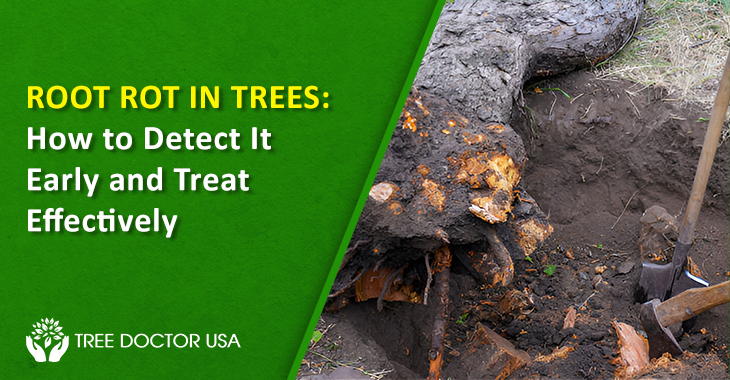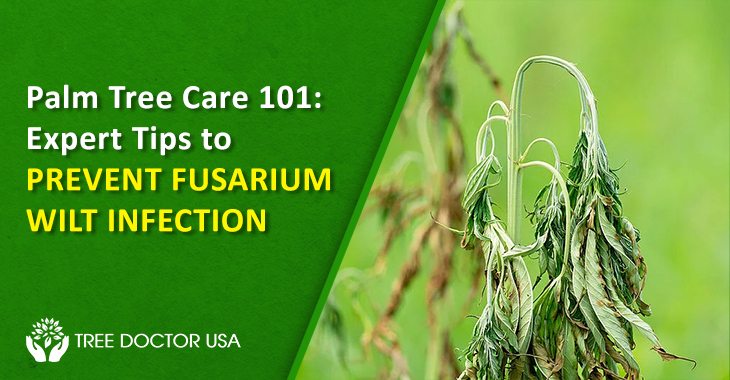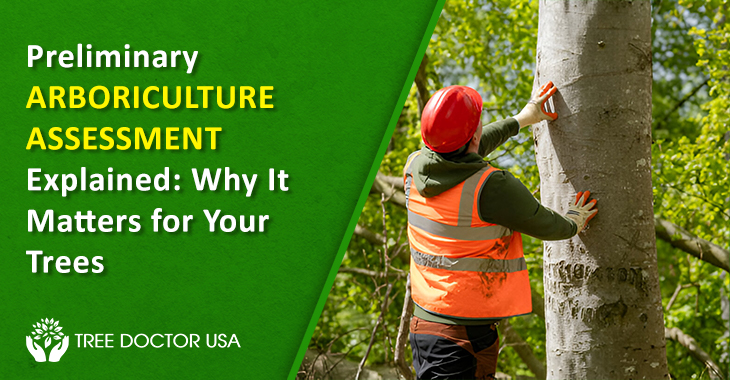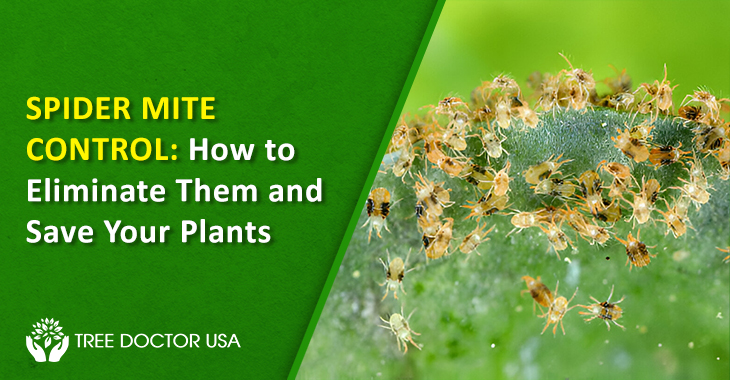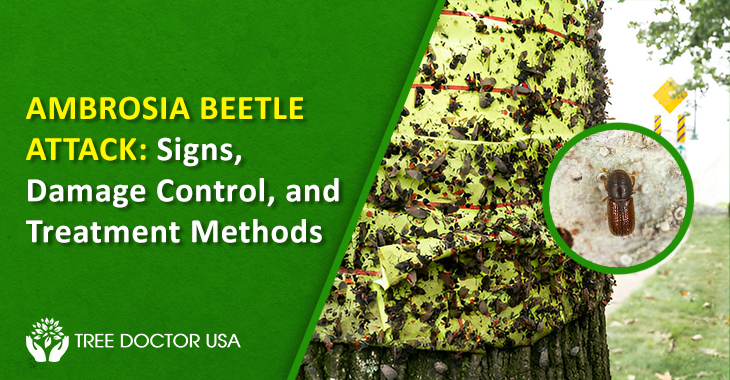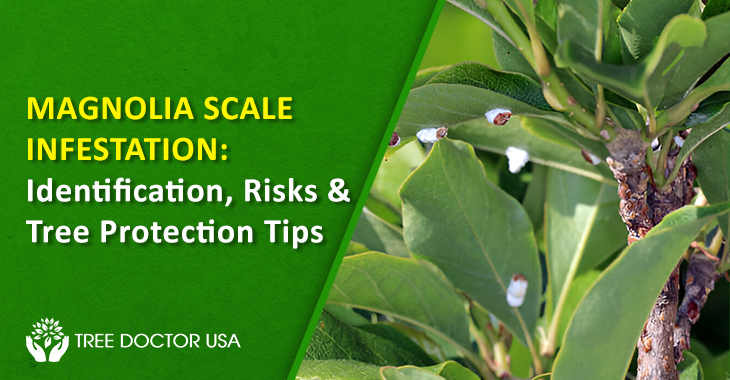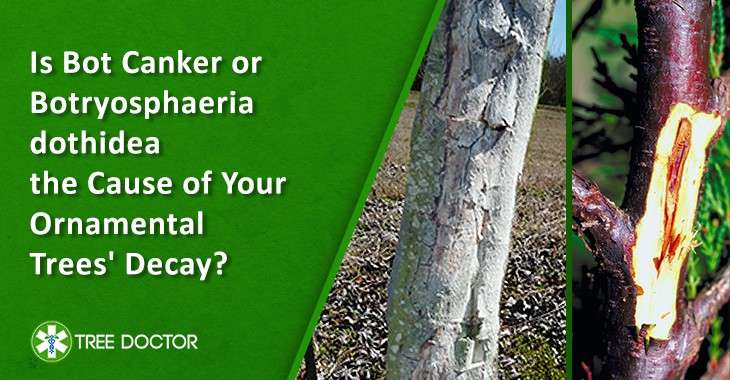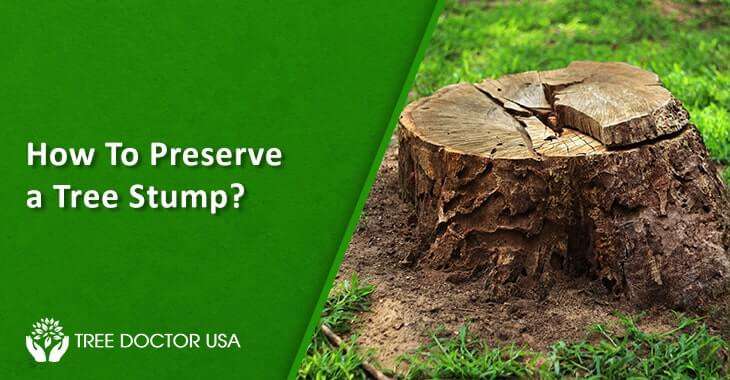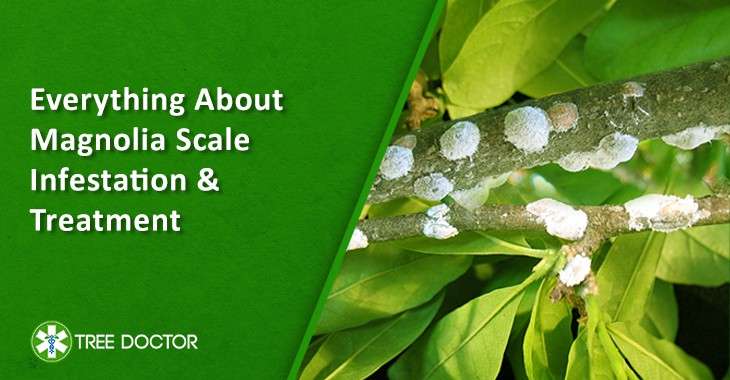Understanding Soil Treatment Chemicals and Their Benefits
Your love for trees would be evident if you already know or are trying to learn more about how vital a healthy soil ecosystem is for tree health. So, here is all you need to know about the role of soil treatment chemicals and their benefits.
The soil needs a crumbly texture, rich nutrients and a vibrant community of microorganisms. These are necessary for beautiful gardens and thriving farms. Regular soil testing, filling up organic matter and other simple methods are well-followed by many. However, to enrich the soil and sustain its health, there are treatment chemicals, natural and synthetic, which maximize their benefits while minimizing negative impact. So, read further to know the benefits and uses of various chemicals to improve soil fertility.
The given section now elaborates on the main categories and examples of these chemicals:
Soil Treatment Chemicals: A Brief
- Let us begin with the organic methods. These include compost, manure, bone meal and fish emulsion, naturally enriched soil. This gives the needed crumbly texture to the soil. It helps grow good microorganisms. They support good drainage and air circulation and provide a steady nutrient supply to plants.
- On the other hand, inorganic fertilizers are a quick fix for plants. They attain precise and fast results. Commonly used synthetic chemicals are Ammonium nitrate, Urea, Superphosphate and Potassium chloride. They also deliver precise nutrients to plants quickly. So, they are preferred for meeting specific plant needs.
- Both organic and inorganic methods are crucial to sustainable agriculture. They also help with effective soil management. Organic practices take time to provide results such as enhanced fertility and the ability to support healthy plant growth. However, they are more effective in promoting biodiversity and ecosystem health. Inorganic fertilizers provide nutrients quickly. They fix nutrient deficiencies and maximize short-term crop yields.
- So, balancing the two approaches is more effective and beneficial in agricultural systems. This way, soil and plant growth is more sustainable and resilient against difficult environmental conditions.
Types of Soil Treatment Chemicals and their Benefits
In today’s agriculture and gardening, soil treatment chemicals are like a secret weapon for their healthy diet . They refresh the soil, help plants grow strong and protect against pests and diseases. Each type of chemical is discussed below.
Fertilizers
- Soil fertility enhancement and providing nutrients can be achieved by fertilizers. The very commonly used yet effective ones are Nitrogen, Phosphorus and Potassium (NPK-based).
- Phosphorus-based fertilizers- Superphosphate, Triple superphosphate
- Potassium-based fertilizers- Potassium chloride, Potassium sulfate
- Other Micronutrients are Iron, zinc, copper, and boron. They have multiple roles, from photosynthesis to root strengthening and promoting high yields.
- Fertilizers also support soil by keeping its structure. They also prevent nutrient depletion. But, proper application of fertilizers is essential to optimally boost productivity.
Pesticides and Herbicides
- Pesticides are chemicals that work against insects, fungi and other harmful organisms. They protect crop damage and promote high yield by preventing specific pest attacks. For example, Organophosphates and Pyrethroids target the insect’s nervous system. They cause paralysis and death.
- Herbicides work against unwanted plants or weeds. This prevents competition with crops for nutrients, water and sunlight.
- Glyphosate and atrazine are key herbicides. They stop enzymes or disrupt photosynthesis in plants. This lets them control weeds well in fields and gardens.
- Both pesticides and herbicides maximize their effectiveness with less harm to beneficial organisms and the environment.
Soil Conditioners
- When it comes to soil structure and fertility improvement, soil conditioners work best. These chemicals are for soil quality improvement and overall plant health. They not only address deficiencies but also provide beneficial properties.
- Compost, peat moss and manure may be like a repeated song of gardening. But their benefits to healthy soil are worth repeating! Their function of increasing water retention and promoting microbial activity is very important. Consequently, it helps plants grow healthier.
- Now, the other types of soil conditioners are inorganic. They are used to adjust soil pH. Materials like lime and sulfur are common examples. This increases the nutrient availability and improves soil structure. In contrast, sulfur lowers pH in alkaline soils. It enhances nutrient uptake by plants adapted to acidic conditions.
- Beneficial fungi and bacteria in the soil are classified under biological soil conditioners. These microorganisms often have a symbiotic relationship with plant roots. They especially help with nutrient uptake and stress resistance. Their role in the decomposition of organic matter increases the release of nutrients.
Soil Amendments
- Soil amendments are a widely accepted method of catering to plant requirements. This method utilizes sterilants such as Methyl bromide, which targets both pathogens and weeds.
- Another type of amendment is the soil fumigants. They release gasses to protect against pests and diseases. Example Chloropicrin and Metam sodium. These treatments create fertile, healthy soil for robust plant growth and high yields.
- Soil amendments target specific issues pre-cultivation, crucial in agriculture and landscaping. Here are their roles such as promoting sustainable practices, enhancing nutrient availability, and supporting environmental balance for long-term productivity.
Applications of Chemicals for Soil Treatment
- Agriculture: The chemicals for soil treatment directly affect crop yields and quality. Their role in controlling pests and diseases is crucial. Along with this, they help in supplying essential nutrients and enhancing soil health.
- Landscaping and gardening: Soil chemical treatments are also of great use in helping plants grow better. They enrich the soil with nutrients and beautify the gardens by controlling weeds.
- Industrial uses: Chemical treatments help restore contaminated land. These chemicals are used for healing. They make the land healthy again for plants to grow or for other uses.
- Urban environments: Urban areas can benefit a lot from these chemicals. These help strengthen and improve the soil, and prevent soil erosion. The right treatment application encourages healthy plant growth.
Future Trends in Soil Treatment Chemical
- Biological alternatives: An alternative to conventional chemicals that is gaining importance is biopesticides. These are natural solutions and are gaining popularity among gardeners and farmers. Biopesticides come from plants, fungi or bacteria. They control pests well and have minimal environmental impact. Whereas, microbial inoculants such as mycorrhizal fungi help increase fertility.
- Precision agriculture: It is no surprise that GPS, sensors and data analytics are buzzwords that are also spreading their wings in various other sectors. This method delivers fertilizers, pesticides and amendments to specific locations within fields. It optimizes resource use and minimizes environmental impact. This approach not only increases efficiency and crop yield but also reduces reliance on chemical usage and runoff.
- Sustainable practices: The rise of organic farming and agroecology is giving rise to sustainable soil care. This practice reduces reliance on synthetic chemicals. Using natural fertilizers and pest controls improves soil health. It also boosts biodiversity and resilience to climate change.
Conclusion
There is no denying that modern agriculture and landscaping are incomplete without soil treatment chemicals. However, the right use of these chemicals can create your dream space and if willing, be sustainable and healthy too. Insecticides, fungicides, herbicides, fertilizers and amendments discussed above are important for crop yield improvement and pest management. So, while utilizing these chemicals, know how they are beneficial and to what extent to make the best use of the treatments. One should also consider asking an expert, such as Tree Doctor USA, for advice on using these chemicals. They can also help with a mix of natural and chemical methods.

